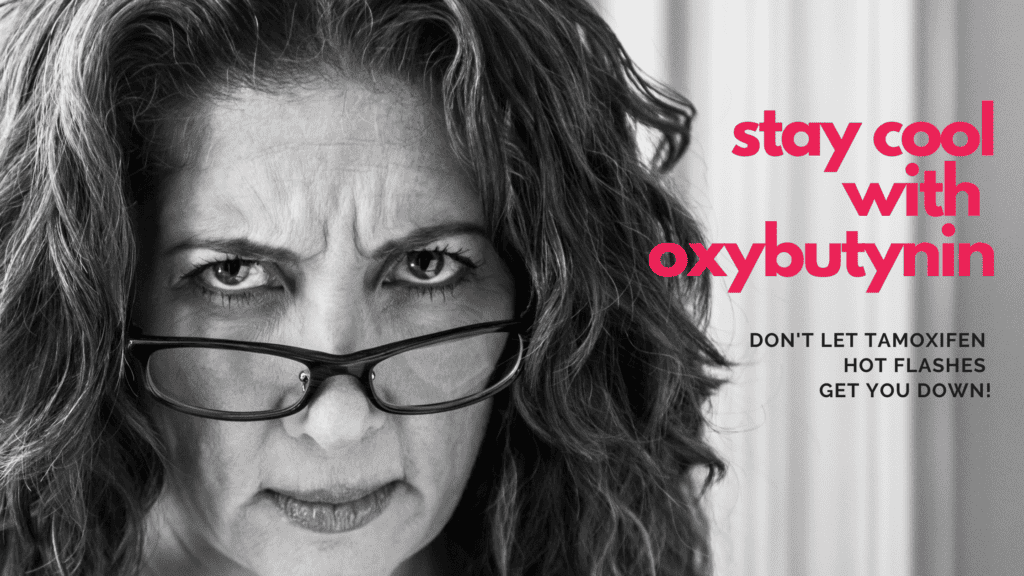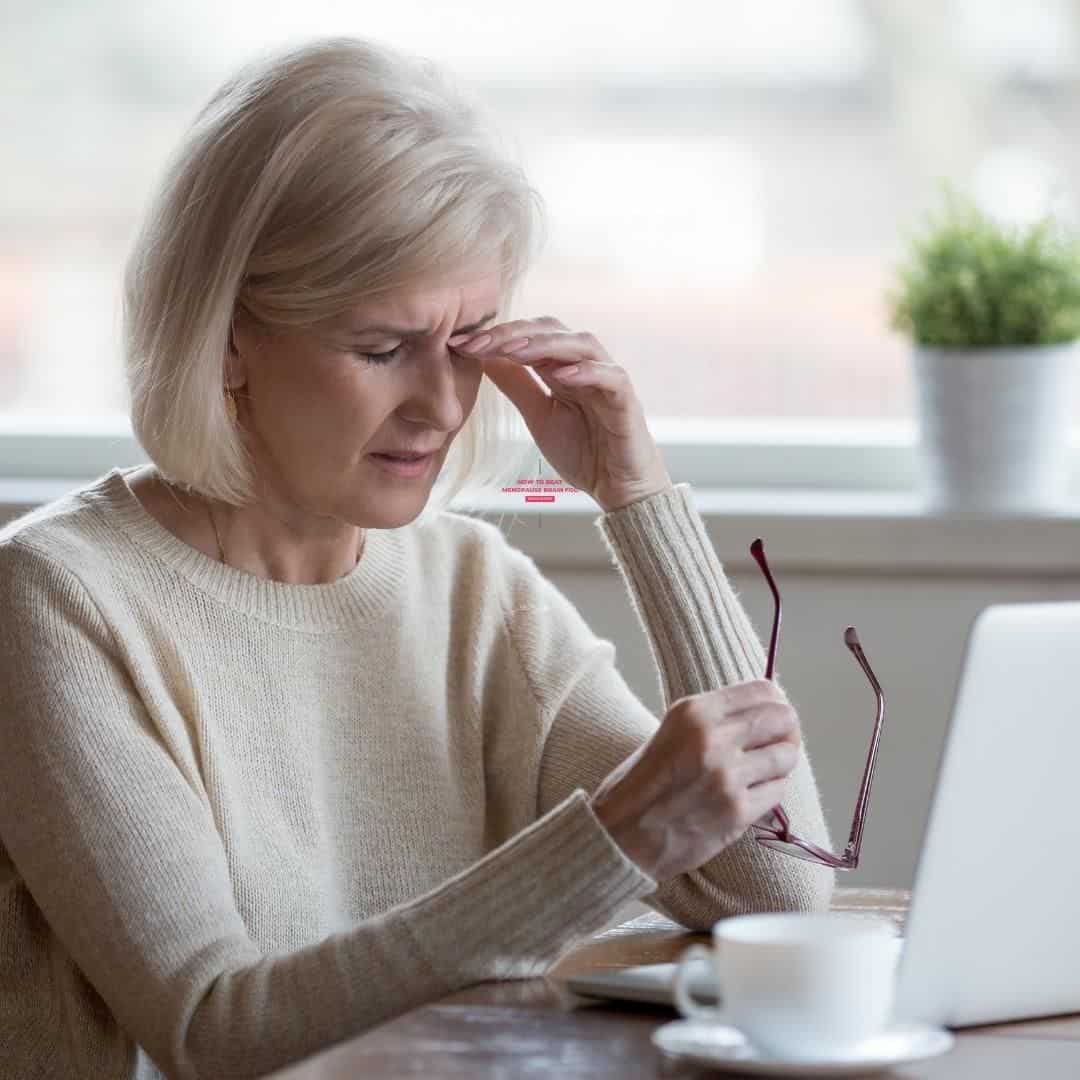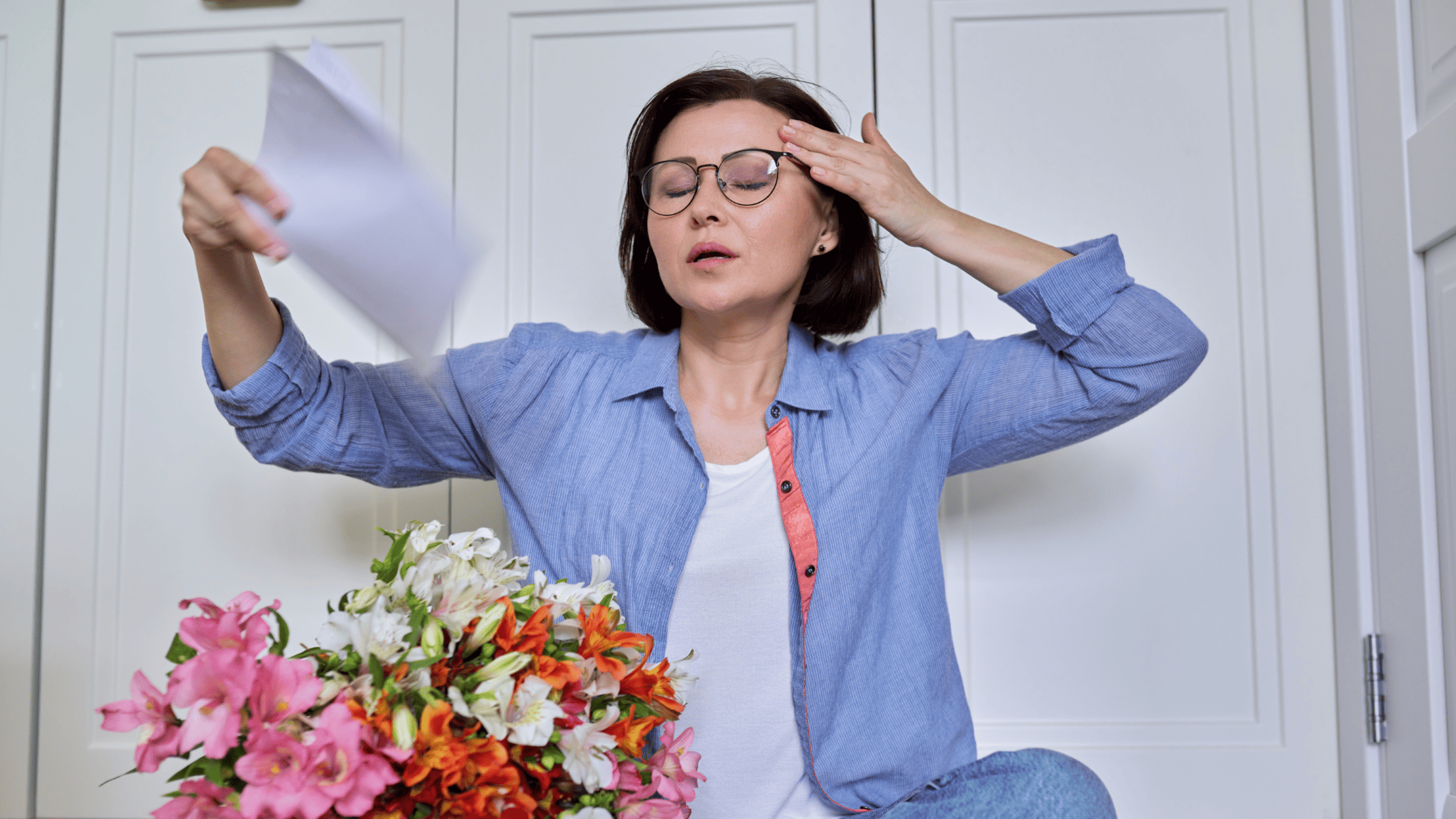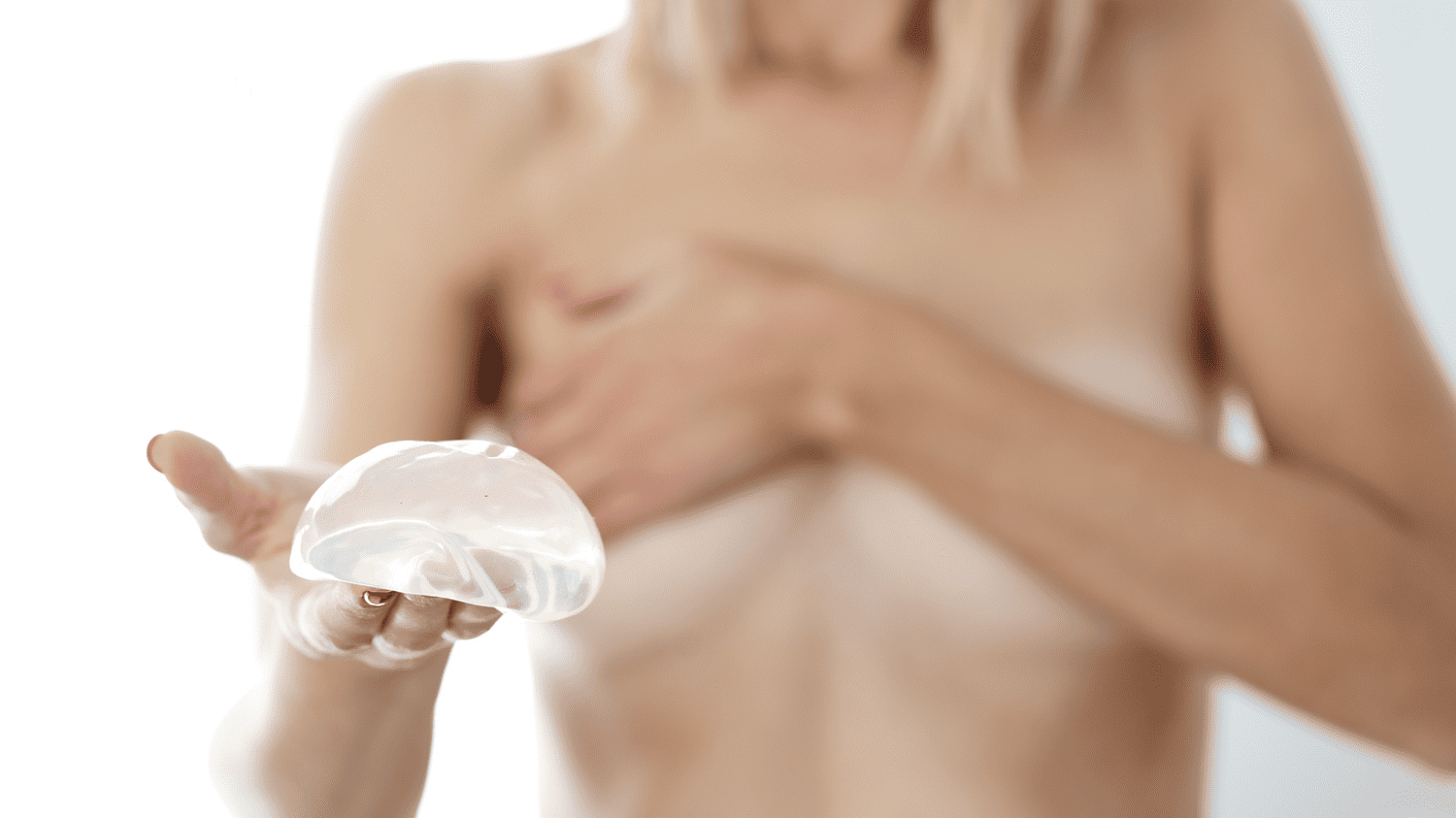Oxybutynin for Hot Flashes: Good option or use caution?
Last updated on May 1st, 2023 at 01:01 am

Every woman is “lucky” enough to go through menopause, typically in her late 40s or early 50s. But no one said it would be fun. Because our hormones are going crazy during this time (like they did when we started our periods and if we were pregnant in our lives) we get to experience some purely delightful (not!) physical and emotional symptoms. For women like me, though, we might get thrown into Instant Menopause when we are treated for breast cancer with hormone suppressing medications like Tamoxifen. This is when taking oxybutynin for hot flashes came into the picture for me.
In case you’re unfamiliar (unlikely) with hot flashes, one of the most common and super fun parts of menopause is hot flashes. Hot flashes are sudden feelings of warmth or heat that typically start in the chest and spread to the face, neck, and sometimes the entire body. They can be accompanied by sweating, rapid heartbeat, and chills. Basically, its as if Lucifer has grabbed you by the throat briefly and dunked you into the depths of hell.
Whether you are having hot flashes as a natural progression into menopause or dealing with Instant Menopause because of cancer treatment, hot flashes SUCK!! Fortunately, there are medications available that can help alleviate hot flashes.
What are the treatment options for hot flashes?
Many women are put on Selective Serotonin Reuptake Inhibitors (SSRIs) like Effexor or Celexa, for hot flashes. In my case, since I was already taking celexa for its more typical use, anxiety/depression, my doctor had to come up with another medication, and she suggested oxybutynin.
What is Oxybutynin?
Oxybutynin is a medication that belongs to a class of drugs called anticholinergics (an·tee·kow·luh·nur·juhks). You know what the main reason people take it is? For urinary incontinence! I guess for some women, this has a bonus side effect, but that isn’t something I deal with a lot, despite having had five pregnancies and four amazing kids to show for it.
How does Oxybutynin help with Hot Flashes?
So why does Oxybutynin work for hot flashes then? It works by reducing the activity of certain nerves in the body that are responsible for controlling involuntary muscle movements, including those that cause hot flashes. Oxybutynin is available in various forms, including tablets, patches, and topical gels. While oxybutynin does not completely eliminate hot flashes, it can significantly reduce their impact on the daily. If you want to get even deeper, you can check out this article I read from my health care facility, Mayo.
Oxybutynin has been shown to be effective in treating hot flashes by reducing the activity of nerves that are responsible for controlling involuntary muscle movements. This reduces the frequency and intensity of hot flashes, making them less severe and less frequent. While oxybutynin does not completely eliminate hot flashes, it can significantly reduce their impact on a woman’s daily life.
How long does it take for Oxybutynin to work?
Like I learned, oxybutynin takes a little time to start working. In general, it can take several weeks of consistent use before women begin to notice a decrease in the frequency and intensity of their hot flashes. It’s important to be patient and stick with the medication, even if you don’t notice immediate results.
For me, being about a month into taking it, I am just now getting to the point where I am not waking up covered in sweat, throwing off the covers, then freezing to death from the sweat getting me too cold and then starting all over again. I would say now, I am still cycling between hot and cool but not so extreme.
What are the Side Effects of Oxybutynin for Hot Flashes?
Like any medication, oxybutynin may cause side effects in some women. The most common side effects include dry mouth, constipation, blurred vision, and dizziness. While these side effects are generally mild and go away on their own over time, it’s important to speak with your doctor if you experience any of them.
In rare cases, oxybutynin may cause more serious side effects, such as difficulty breathing, chest pain, or an irregular heartbeat. If you experience any of these symptoms, seek medical attention immediately.
What to Watch Out for in Terms of Oxybutynin Drug Interactions or Other Problems?
It’s also important to be aware of potential drug interactions and other problems that can occur when taking oxybutynin. For example, oxybutynin may interact with other medications you’re taking, such as antibiotics, antifungal medications, or antidepressants. Additionally, women with certain medical conditions, such as glaucoma, liver or kidney disease, or men with an enlarged prostate, should not take oxybutynin.
I had read some weird stuff about oxybutynin contributing to dementia, and that scared me, because my mom had dementia. I suggest you read up if you’re so inclined and talk to your doctor about it. Here are a couple of articles I read that led me to ask about it. For me, my doctor at Mayo Clinic felt this wasn’t a concern. Not going to lie, it is still worrying me some.
On the concern side:
On the neutral to positive side:
If you have diabetes:
https://pubmed.ncbi.nlm.nih.gov/28384267/
Before taking oxybutynin, it’s important to discuss any other medications you’re taking and any medical conditions you have with your doctor. They can help determine if oxybutynin is the right choice for you and provide guidance on potential drug interactions and other issues.
TLDR; Wrapping It Up
Oxybutynin is an effective medication that can help alleviate hot flashes in women going through menopause. While it may take some time to start working, consistent use can lead to a significant reduction in the frequency and intensity of hot flashes. However, it’s important to be aware of potential side effects and drug interactions, and to speak with your doctor if you have
It’s also important to note that oxybutynin is not the only medication available to treat tamoxifen hot flashes. There are other medications and natural remedies that can also be effective in reducing the frequency and intensity of hot flashes. These include hormone replacement therapy, selective serotonin reuptake inhibitors (SSRIs), and lifestyle changes such as regular exercise and a healthy diet.
Ultimately, the choice of medication or treatment will depend on individual factors such as medical history, current medications, and personal preferences. It’s important to work closely with your doctor to determine the best course of treatment for you.
In summary, hot flashes can be a challenging symptom of menopause, but there are medications available that can help alleviate their impact on a woman’s daily life. Oxybutynin is one such medication that has been shown to be effective in reducing the frequency and intensity of hot flashes. However, it’s important to be aware of potential side effects and drug interactions, and to work closely with your doctor to determine the best course of treatment for you. With the right treatment and support, women can successfully navigate the challenges of menopause and live their best lives.






